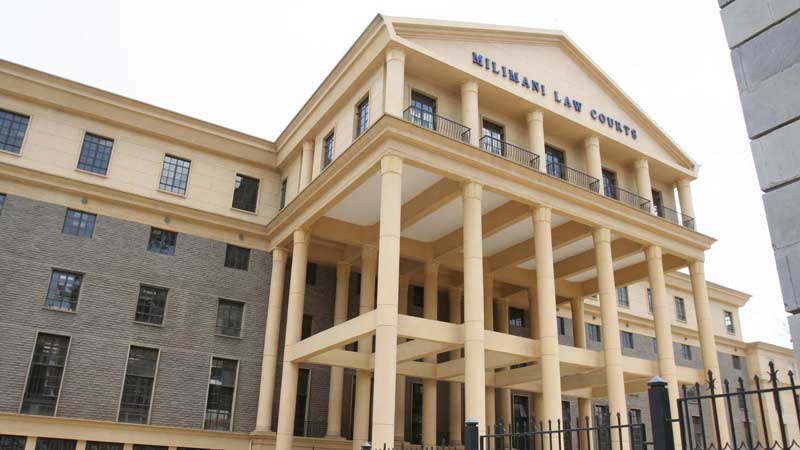×
The Standard e-Paper
Join Thousands Daily

Medical insurance cover for all judges and its employees have been suspended over insufficiency of funds in a move linked to national government threats to ‘revisit’ judiciary.
In the drastic moved on Friday, all judicial staff, including Chief Justice David Maraga will now have to use their pocket money to access medical services or rely on the limited National Hospital Insurance Fund cover.